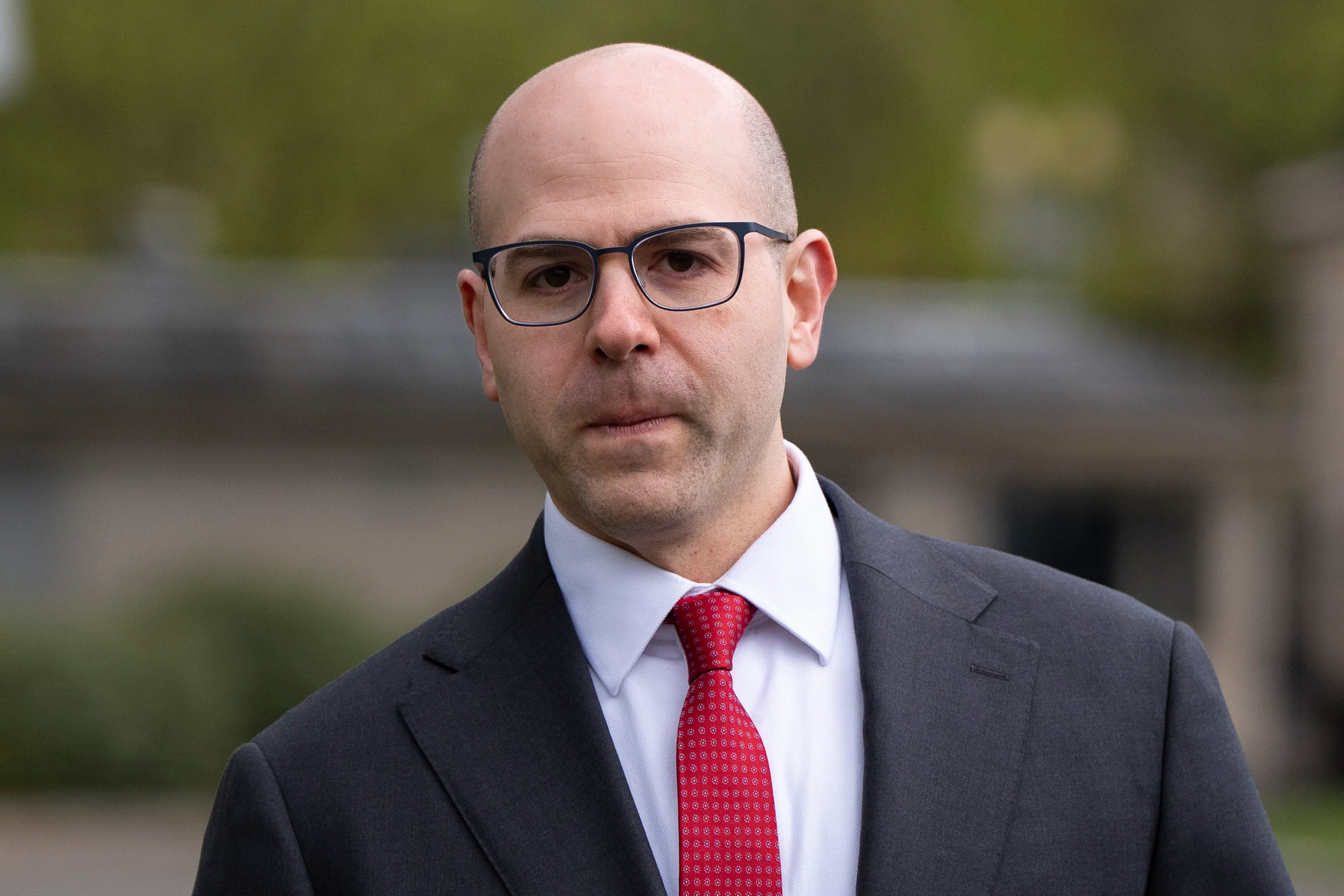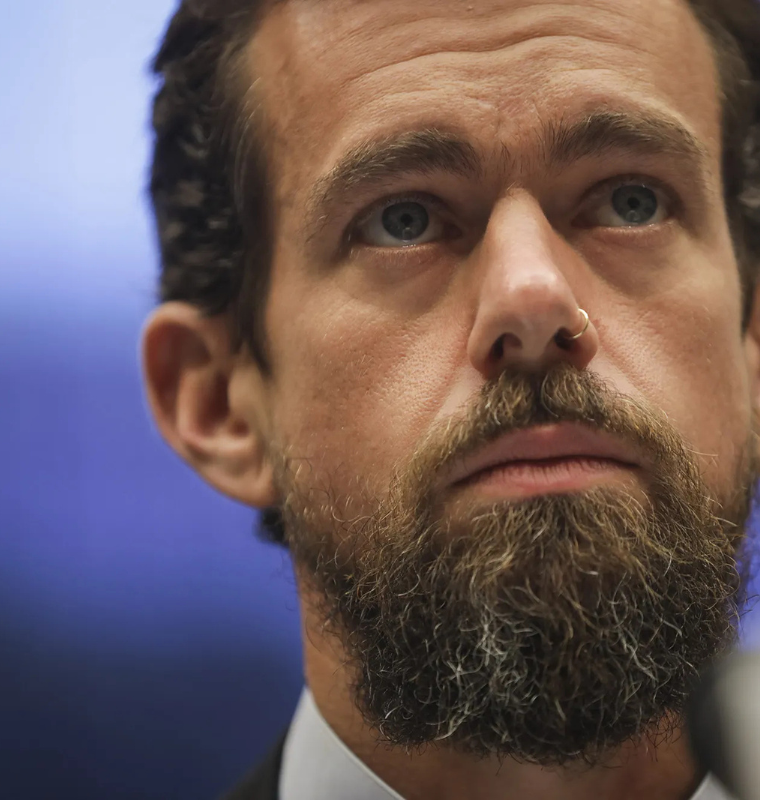Fed’s Miran Urges Swift Rate Cuts Amid Rising China Trade Tensions
Fed’s Miran Urges Swift Rate Cuts Amid Rising China Trade Tensions
By
Calder Monroe
Last updated:
October 16, 2025
First Published:
November 30, 2025

Photo: South China Morning Post
Federal Reserve Governor Stephen Miran warned on Wednesday that renewed tensions in U.S.-China trade relations pose fresh risks to the economic outlook and strengthen the case for accelerated interest rate cuts.
Speaking at the CNBC “Invest in America Forum” in Washington, D.C., Miran highlighted recent developments, including China’s restrictions on rare earth material exports and President Trump’s retaliatory threat of 100% tariffs on certain imports. He described the standoff as a “new tail risk” that increases uncertainty in a year already marked by economic volatility.
“I had assumed some uncertainty had eased, which made me more confident about growth,” Miran said. “Now, with China reneging on previously agreed deals, policymakers need to reassess and act swiftly to mitigate potential shocks.”
Implications for Monetary Policy
Miran emphasized that the current restrictive stance of the Fed leaves the U.S. economy particularly vulnerable to external shocks. He argued that aggressive rate cuts are now more critical than ever to stabilize growth.
During his brief tenure on the Fed — beginning just a month ago and ending in January — Miran has advocated for a total of 1.25 percentage points in additional rate reductions, on top of the 0.25% cut already approved by the Federal Open Market Committee (FOMC) in September.
“To the extent that policy is restrictive, the economy reacts more sharply to shocks,” Miran explained. “Moving quickly toward a neutral stance is even more important given the current trade developments.”
Market and Economic Context
The backdrop to Miran’s comments includes a turbulent global trade environment and domestic uncertainties. Analysts note that restrictions on rare earth minerals — crucial for tech and manufacturing industries — could disrupt supply chains, raise production costs, and dampen investor confidence.
The FOMC is scheduled to meet October 28-29, and markets are widely anticipating another 0.25 percentage point cut. Miran’s remarks suggest that further reductions could follow, potentially totaling a 1.5% cumulative decrease from current levels if conditions worsen.
Broader Economic Risks
Economists warn that prolonged trade friction could slow U.S. industrial output and investment, particularly in sectors heavily dependent on Chinese imports. Coupled with elevated uncertainty from financial markets and geopolitical risks, the case for proactive monetary easing is gaining momentum.
Miran’s position underscores a growing concern among Fed officials: that without timely intervention, the U.S. could face a sharper slowdown if trade tensions escalate. His call for accelerated rate cuts reflects the need to buffer the economy against external shocks, maintain business confidence, and ensure continued momentum in consumer spending.
As the next FOMC meeting approaches, all eyes will be on whether the Fed aligns with Miran’s aggressive approach or opts for a more cautious pace of monetary easing.
Popular articles
Subscribe to unlock premium content
London’s Gourmet Playgrounds

From Bean to Buzz in Thailand

The Secret Life of Pop-Up Luxury Restaurants in Paris

London’s Gourmet Playgrounds

From Bean to Buzz in Thailand

London’s Gourmet Playgrounds









